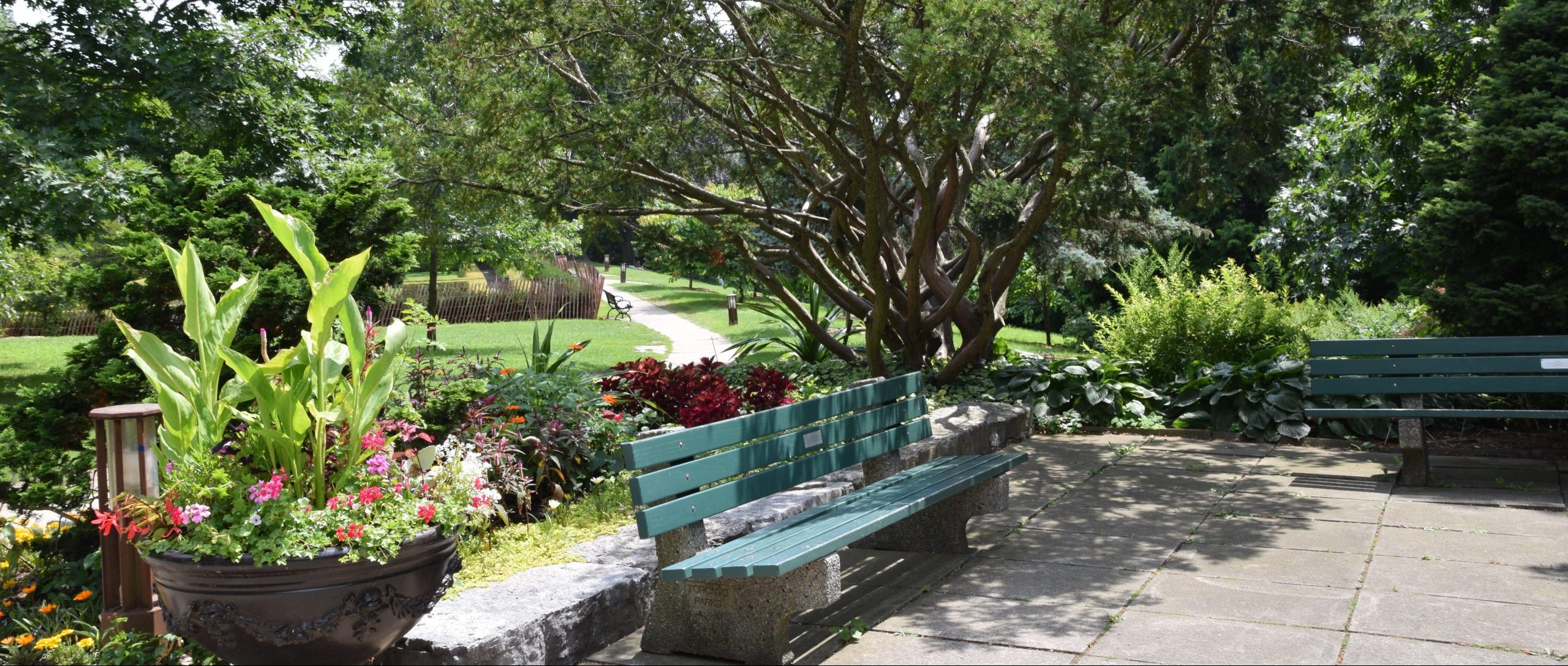
Ombudsman Finds Unfairness in the City’s Ticketing of People in Parks During Early COVID-19 Days
The City of Toronto gave the public confusing and inconsistent information at the beginning of the COVID-19 lockdown about what people could and could not do in Toronto parks, says City of Toronto Ombudsman Susan Opler in her report released today, Enquiry into the City of Toronto’s Communication and Enforcement of COVID-19 Rules in City Parks in Spring 2020.
“I deeply appreciate everything staff at the City of Toronto have done to keep people safe during this pandemic,” says Opler. “Their efforts have been heroic, especially early on, when circumstances and provincial directions changed almost daily. But how the City communicated the rules about park use, how it trained by-law enforcement officers to enforce them and how it communicated ticket dispute options created a climate of unfairness that affected everyone who wanted to use Toronto parks.”
The Enquiry found a number of problems, including:
- Public communication was unclear, including signs in parks that did not specifically say which amenities were closed, leaving people confused about whether they could sit on benches.
- When the City decided to stop ticketing people sitting on park benches, it didn’t make the news public for a week.
- When management directed a “zero tolerance” approach, by-law enforcement officers working for the Municipal Licencing and Standards division (MLS) were uncertain about whether they could exercise their usual judgement and discretion.
- The tickets people received contained outdated, inaccurate information on how to fight them, and it was hard for people to get answers to their questions about that.
Toronto’s Ombudsman is also concerned that enforcement of the COVID-19 rules may have been felt disproportionately by the City’s poor, marginalized and unhoused. Two independent investigations found that City by-law enforcement officers had discriminated against racialized park users. Another by-law officer allegedly told a racialized woman he ticketed for using a picnic table, “You people need to learn.”
Toronto by-law enforcement officers handed out at least 280 tickets while enforcing COVID-19 rules in City parks during the six-week period covered by the Enquiry. The Ombudsman has no jurisdiction over the Court system, so she did not comment on how the individual tickets should be handled.
During the Enquiry, the Ombudsman made several immediate recommendations, which the City quickly implemented. In the report released today, Susan Opler made a further 14 systemic recommendations, including that the City:
- Create an organization-wide policy to ensure timely, accurate, coordinated, and accessible communication to the public about changes to City services and facilities
- Immediately send clear and direct communication to all MLS staff that “zero tolerance” is an unacceptable, unclear, and unfair approach to enforcement
- Develop an anti-racism strategy within MLS to eliminate racial profiling from by-law enforcement.
The City Manager supports all the recommendations and says the City will implement them. Ombudsman Toronto will review its progress quarterly.
This is Susan Opler’s final report after five years as the City of Toronto’s Ombudsman. She is grateful to her dedicated team at Ombudsman Toronto, to the Toronto Public Service, to City Council, and to the people of Toronto. “It has been the honour and privilege of my career to serve my beloved city as Ombudsman, working to ensure our local government treats all people fairly and equitably,” says Opler.
The Report, Enquiry into the City of Toronto’s Communication and Enforcement of COVID-19 Rules in City Parks in Spring 2020 and an Ombudsman Toronto backgrounder are available at ombudsmantoronto.ca.
For more information, contact:
Alex Kruger
Ombudsman Toronto
Office: 416-338-3023
Cell: 647-472-0873
Alex.Kruger@toronto.ca